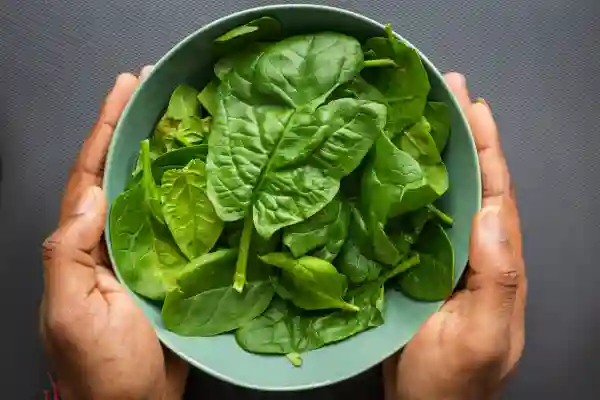

Not all Vitamin C is created equal
Often during the colder months, or whilst burning the candle at both ends during the summer, our immunity can become compromised. Increasing our vitamin C levels can be a positive step towards supporting our immune system and getting things back on track. Our herbal experts have been taking a look at the benefits and best sources of vitamin C.
So, why is there so much interest in vitamin C?
Vitamin C is responsible for hundreds of processes within our body, some are minor and others crucial. For example, vitamin C is used by our body to make proteins which are the building blocks for many of our tissues and organs. Collagen, which is required for the formation and renewal of our bones, muscles, cartilage and skin, is made using vitamin C.
Vitamin C is essential for the coordination of our immune response against invaders and the activation of our immune cells, such as our white blood cells (Wintergerst, 2006). It also significantly improves our ability to absorb the type of iron found in plant foods (Gershoff, 1993).
The benefits of vitamin C include
Immune system support
Increases iron absorption
Assists in collagen production required for healthy skin, joints, tendons, bones and teeth
Antioxidant, helping to protect our cells from damage
Supports wound healing and scar tissue formation
What is the best form of Vitamin C?
Many fruits and vegetables are rich in vitamin C such as, oranges, grapefruit, kiwis, red peppers, broccoli, cauliflower and dark leafy greens are also good sources of Vitamin C.
Another way to increase the vitamin C in your diet is by taking a supplement.
Does it really matter where our vitamin C comes from?
The Department of Health recommends that our vitamins are best absorbed from our diet but this is not always possible. In the last 50 years, nutrient levels in the soil and our food have plummeted and nutritional deficiencies have become common in our energy-dense but nutrient-poor society. There are also times, such as when we are ill or under pressure, when we may have increased nutrient requirements and need support via supplements.
Vitamin C supplements may be either synthetically manufactured or derived from natural food sources. The vitamin C in natural supplements is much closer to the state in which it is found in the diet, and as a result lasts longer in the body than synthetic vitamin C (Uchida et al., 2011) and is more bioavailable (Vinson et al. 1989).
One of the reasons we see this disparity is because ascorbic acid, which is used in synthetic supplements, has a shorter half-life within the body, only staying in its full and effective form for about two hours. Natural vitamin C, on the other hand, seems to last much longer in the body and is absorbed more slowly, therefore remaining available to our cells for considerably longer.

Author: Jo Webber
Head of Herbal Education
As a B.Sc. qualified Ayurvedic practitioner and yoga teacher, Jo is passionate about bringing these two ancient sciences together to help people feel empowered about their health. Jo has put her post-graduate certificate in education to good use, co-founding the Ayurveda academy to help others learn of the wonders of Ayurveda. Jo has also earned a Masters degree in human sciences from Oxford University and has taught in several schools
Qualifications:
B.Sc. qualified Ayurvedic practitioner and yoga teacher
Years of experience:
20 years as a Hatha yoga teacher/ayurvedic practitioner
Professional Registrations:
Member of the Ayurvedic Practitioners Association
